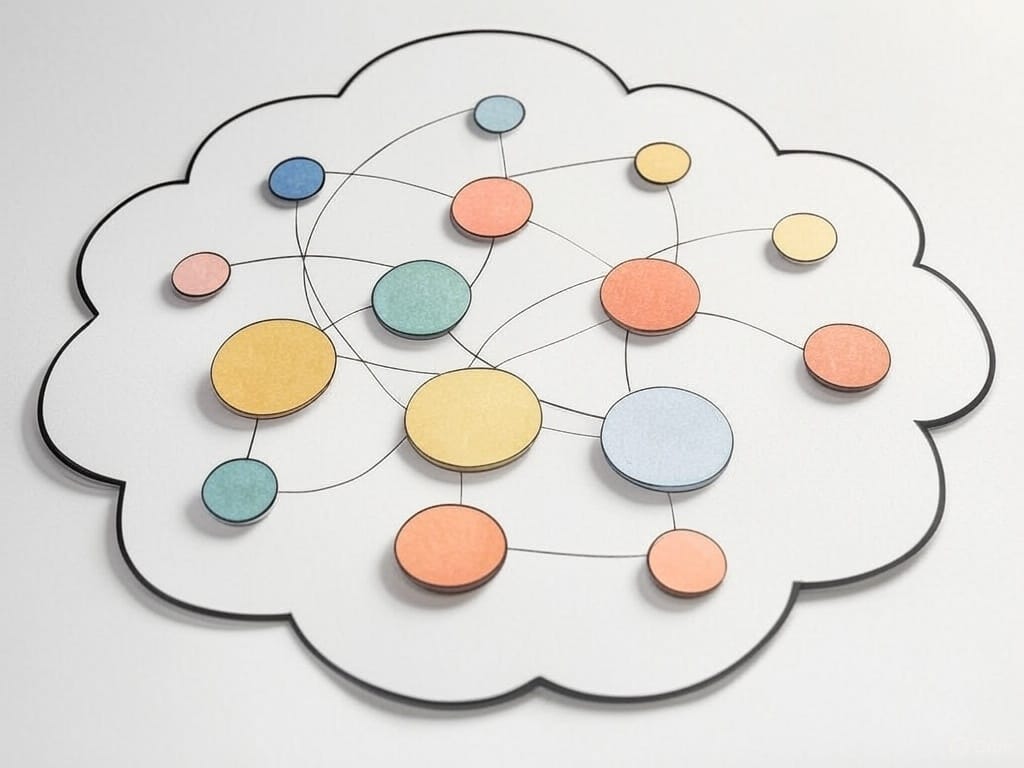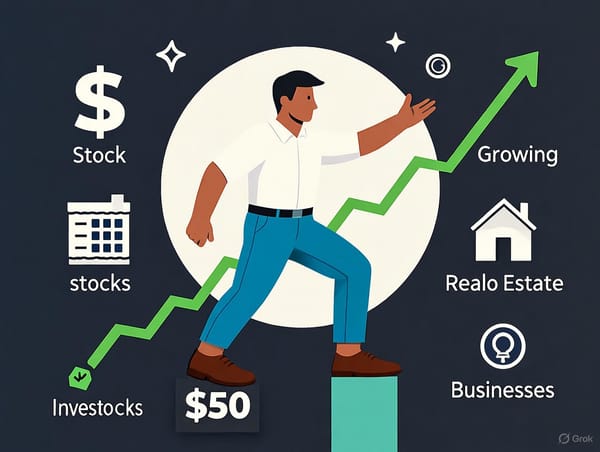Critical Thinking
Critical thinking empowers us to question assumptions, evaluate evidence, and navigate a complex world with clarity and confidence.

In today’s fast-paced, information-saturated world, making sense of the noise can feel overwhelming. From social media posts to news headlines, we’re bombarded with opinions, data, and narratives competing for our attention. How do we separate fact from fiction, make informed decisions, or even engage in meaningful conversations? The answer lies in critical thinking—a skill that empowers us to question, analyze, and reason our way to clarity.
Critical thinking isn’t just for philosophers or academics; it’s a practical tool for everyone. Whether you’re choosing a career path, evaluating a news story, or navigating a personal dilemma, honing this skill can transform the way you approach challenges. In this article, we’ll explore what critical thinking is, why it matters, and how you can cultivate it in your daily life.
What Is Critical Thinking?
At its core, critical thinking is the ability to think clearly and rationally, understanding the logical connections between ideas. It involves questioning assumptions, evaluating evidence, and considering alternative perspectives before forming conclusions. Unlike reactive or emotional thinking, critical thinking is deliberate and disciplined.
For example, imagine you read a headline claiming a new diet can help you lose 20 pounds in a week. A critical thinker wouldn’t accept this at face value. Instead, they’d ask: What evidence supports this claim? Who conducted the research? Are there potential risks or biases? By digging deeper, they avoid falling for misleading or incomplete information.
Critical thinking also means being open to changing your mind. It’s not about being skeptical for the sake of argument but about seeking truth through reason and evidence, even when it challenges your existing beliefs.
Why Critical Thinking Matters
In a world of misinformation, echo chambers, and polarized debates, critical thinking is more important than ever. Here are three key reasons why:
- It Protects Against Manipulation
From clickbait to propaganda, many messages are designed to provoke emotional reactions rather than informed responses. Critical thinking helps you spot biases, half-truths, or logical fallacies, allowing you to make choices based on reason rather than manipulation. - It Enhances Decision-Making
Whether you’re choosing a college major, negotiating a job offer, or resolving a conflict, critical thinking enables you to weigh pros and cons, consider long-term consequences, and make decisions aligned with your goals. - It Fosters Better Communication
Critical thinkers listen actively, ask thoughtful questions, and articulate their ideas clearly. This not only strengthens relationships but also promotes constructive dialogue, even with those who hold differing views.
How to Cultivate Critical Thinking
The good news? Critical thinking is a skill you can develop with practice. Here are five practical steps to get started:
- Question Everything (Politely)
Adopt a curious mindset. When presented with information, ask: Why is this being said? Who benefits? What’s the evidence? For example, if a friend shares a viral post about a “miracle cure,” dig into the sources before sharing it yourself. - Seek Diverse Perspectives
Challenge your echo chamber by exploring viewpoints that differ from your own. Read articles from reputable sources across the spectrum, or engage in conversations with people who think differently. This broadens your understanding and sharpens your ability to evaluate ideas. - Practice Active Listening
When someone shares an opinion, resist the urge to interrupt or judge immediately. Instead, listen to understand their reasoning. Ask clarifying questions like, “Can you explain why you feel that way?” This not only builds empathy but also hones your analytical skills. - Break Down Complex Problems
Facing a tough decision? Break it into smaller parts. For instance, if you’re choosing between job offers, list the factors (salary, location, growth opportunities), weigh their importance, and evaluate each option systematically. This structured approach reduces overwhelm and clarifies your thinking. - Reflect on Your Biases
We all have biases—whether from upbringing, culture, or personal experiences. Take time to reflect on how your assumptions might influence your judgments. For example, if you’re quick to dismiss a political argument, ask yourself: Am I rejecting this because of the evidence or because it conflicts with my worldview?
Critical Thinking in Action
To see critical thinking in practice, consider a real-world scenario: You’re scrolling through X and see a post claiming a new policy will “ruin the economy.” Instead of retweeting impulsively, a critical thinker pauses. They check the source of the claim, look for data on the policy’s potential impacts, and read analyses from economists with differing perspectives. Only then do they form an opinion or join the conversation.
This approach doesn’t just apply to online debates. At work, a critical thinker might question a proposed strategy by asking for data on its past success. In personal life, they might resolve a family disagreement by listening to all sides and proposing a fair solution.
The Path Forward
Critical thinking is like a muscle—the more you use it, the stronger it gets. Start small: question one piece of information you encounter today, or take five minutes to reflect on a recent decision. Over time, these habits will become second nature, empowering you to navigate life’s complexities with confidence and clarity.
In a world that often rewards quick reactions over thoughtful reflection, critical thinking is a superpower. It equips you to make sense of the chaos, stand firm in your reasoning, and contribute to a more informed and rational society. So, the next time you’re faced with a tough question or a bold claim, pause, think critically, and unlock the power of clear reasoning.





